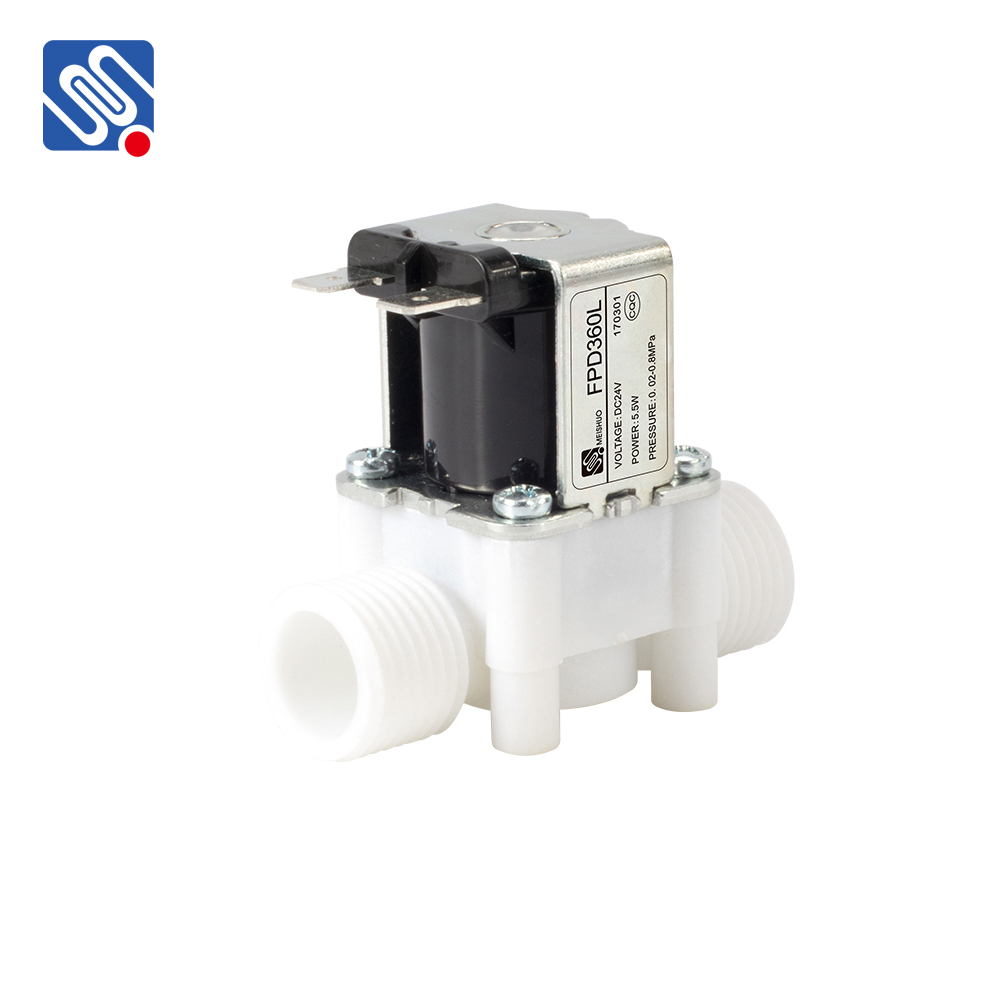A plastic water solenoid valve is a critical component in various fluid control systems, used to regulate the flow of water or other liquids in pipelines, machines, or devices. Solenoid valves, in general, use an electromechanical solenoid to control the opening and closing of a valve, making them essential for automated systems. When combined with plastic materials, these valves offer a blend of durability, resistance to corrosion, and cost-effectiveness, making them highly suitable for different industries.

What is a Plastic Water Solenoid Valve? A plastic water solenoid valve consists of a solenoid coil, valve body, and the necessary mechanisms that work together to control the flow of water. The solenoid coil is electrically powered and creates a magnetic field that either opens or closes the valve. This electrical activation allows the valve to operate automatically, making it ideal for applications that require precise control without manual intervention. The key differentiating feature of a plastic water solenoid valve is its construction. While traditional solenoid valves are often made from metal alloys such as brass or stainless steel, plastic solenoid valves are made from materials like PVC (Polyvinyl Chloride), ABS (Acrylonitrile Butadiene Styrene), or PP (Polypropylene). These materials are chosen for their resistance to corrosion, lightweight nature, and ease of manufacture. Plastic is also cost-effective, making it an attractive choice for industries looking to reduce operational costs without compromising on performance.
Leave a Reply